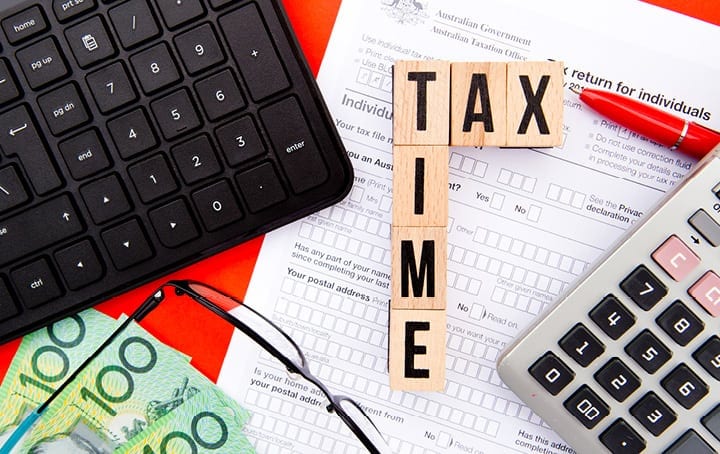Tax Time Focus Areas For Individuals - 14 June 2018

Tax time has come around for another year, and this year the ATO is focusing on “other” work-related expense deductions (label D5 on individual tax returns) and work-related car expenses.
As you gather your receipts and other assorted tax documents, remember that you are not automatically entitled to claim standard deductions and that all expenses need to be substantiated. You need to be able to show that you actually spent the money yourself and were not reimbursed, the expense was directly related to earning your income, and you have a record to prove it. Where the expense is for both work and private use, only the work-related portion can be claimed.
As a part of their focus on other work-related expense claims, the ATO will also be closely scrutinising work-related car expenses which around 3.75 million individuals claimed in 2016-17 totalling $8.8 billion! Assistant Commissioner Kath Anderson said:
“While most people want to do the right thing, we know the rules can be a bit tricky for some and we are seeing a lot of mistakes. We are particularly concerned about taxpayers claiming for things they are not entitled to, like private trips, trips they didn’t make, and car expenses that their employer paid for or reimbursed.”
There are two ways a deduction for car expenses can be calculated under the tax law: the cents-per-kilometre method (which limits claims for work-related travel up to 5,000 km) and the log-book method in which a log book is kept for a continuous 12-week period to determine the work-related percentage of the actual expenses incurred.
Around 870,000 individuals claim the maximum amount under the cents-per-kilometre method each year, and the ATO is concerned that there is a mistake belief among taxpayers that the maximum claim is a standard deduction that does not require evidence of any travel. While it notes that using the cents-per-kilometre method does not require a log book, taxpayers will still need to show evidence of the number of kilometres travelled by using a diary for example, if required.
This year, the ATO is using enhanced technology and data analytics to identify unusual claims, which includes comparing taxpayers to others in similar occupations earning similar incomes. It says its models are particularly useful in identifying individuals claiming things like home to work travel or trips not required as a part of their work.
The ATO is advising taxpayers that it may request proof that the travel for work was required. This is especially significant in circumstances where individuals may claim the transport of bulky tools or equipment as being required by their work. The ATO is warning individuals this year that it will be on the lookout for false logbooks, claiming home to work travel, claiming for expenses paid for by the employer, incorrect claiming of home to work travel where bulky tools are not involved, and claiming expenses for a car which is under a novated lease.
Need Help At Tax Time?
We can help you navigate the murky water of tax deductions and get you the maximum claim you are entitled to. If you’re in any doubt about your claims, please contact us (or another professional advisor) for advice.
14 June 2018
For expert advice and assistance in dealing with your Personal Work Related Expenses and Tax in Australia, please contact Mathews Tax Lawyers on 1800 685 829
Disclaimer: The information on this page is for general information purposes only and is not specific to any particular person or situation. There are many factors that may affect your particular circumstances. We advise that you contact Mathews Tax Lawyers before making any decisions.
